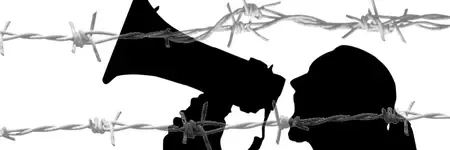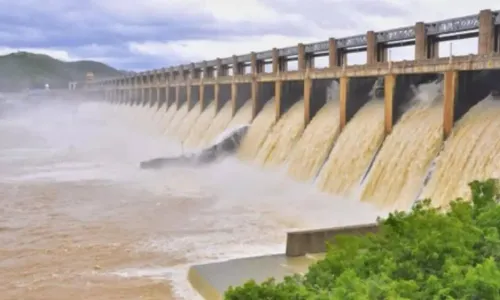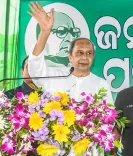Why is Pakistan Becoming Increasingly Dangerous for Journalists?

Synopsis
Key Takeaways
- Islamabad and Punjab are identified as the most dangerous regions for journalists.
- There has been a 60 percent rise in media violations reported in 2025.
- The Prevention of Electronic Crimes Act (Peca) has led to numerous legal challenges against journalists.
- Media professionals are facing an increasingly hostile environment following the February 2024 elections.
- Activists are calling for unity among journalists to combat government restrictions.
Islamabad, Oct 31 (NationPress) The capital city of Pakistan along with the province of Punjab has been identified as the most perilous locations for journalists within the nation. The latest data shows an alarming escalation of media violations, rising nearly 60 percent in 2025 compared to the previous year. This comes ahead of the 'International Day to End Impunity for Crimes against Journalists', which is commemorated on November 2, as reported by local media on Friday.
The Annual Impunity Report 2025, compiled by Freedom Network with support from International Media Support (IMS), designates these areas as particularly hazardous. The findings reveal a declining state of freedom of expression and a growing risk to journalists under the current government led by Shehbaz Sharif.
The report documented a stark increase in assaults and violations against journalists and media personnel in Pakistan. A total of 142 incidents were recorded, reflecting a nearly 60 percent rise from the previous year. The hostile climate for the media has intensified following the February 2024 general elections, rendering nearly every region in Pakistan unsafe for journalism, as incidents have been reported across all provinces and territories, according to a report by the prominent daily Dawn.
During the first year of the current federal administration, 36 formal legal actions were initiated against 30 journalists and media personnel under the controversial Prevention of Electronic Crimes Act (Peca), as per the report. The authorities revised the Act earlier this year, introducing stricter provisions for journalists, which has drawn criticism from media advocates and rights activists.
Out of these 36 cases, 22 were filed under Peca and 14 under the Pakistan Penal Code (PPC), with some individuals facing multiple charges. The majority of Peca cases targeted media professionals in Punjab, where all PPC cases were also registered. The report, titled 'Impunity Report — 2025: Crime and Punishment in Pakistan’s Journalism World', serves as Freedom Network’s annual flagship publication and offers insights into the impunity regarding crimes against journalists and the efforts to address this concern.
In September, journalists and rights advocates expressed alarm over the escalating restrictions on press freedom in Pakistan, with some drawing parallels to the media censorship experienced during General Ziaul Haq's military regime.
These issues were highlighted during events in Islamabad honoring Nisar Osmani and CR Shamsi, two veteran journalists and trade unionists who championed press freedom during periods of martial law, as reported by Dawn.
At a seminar held at the National Press Club, current and former leaders of the Pakistan Federal Union of Journalists (PFUJ) and the Rawalpindi-Islamabad Union of Journalists (RIUJ) paid tribute to these journalists and reflected on their fight for a free press.
Another gathering took place outside the Dawn offices, where journalists, lawmakers, and rights advocates held a candlelight vigil in honor of Osmani and Shamsi. Speakers urged unity among journalists to collectively oppose government-imposed restrictions on freedom of expression. They also vowed to resist media restrictions and continue the fight against controversial laws, including recent amendments to the Prevention of Electronic Crimes Act (Peca).










